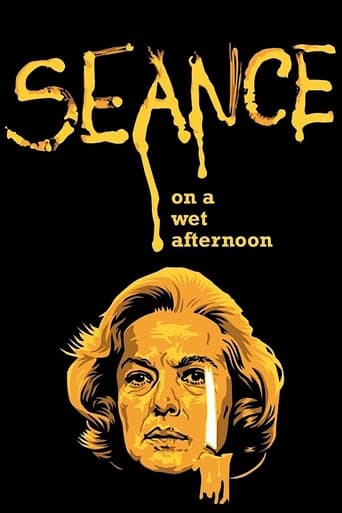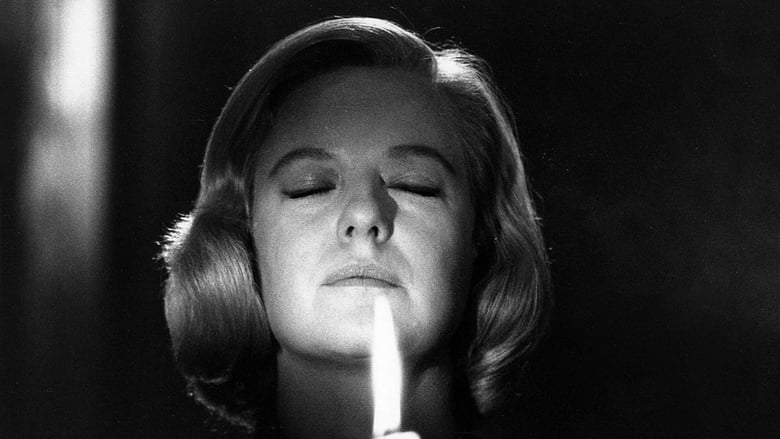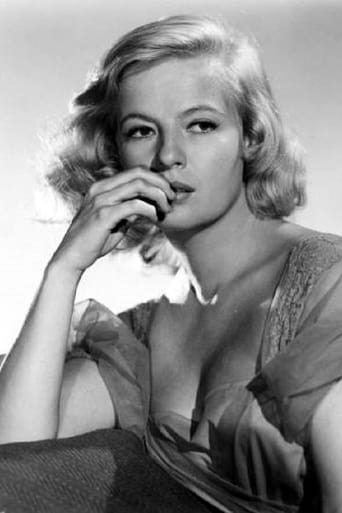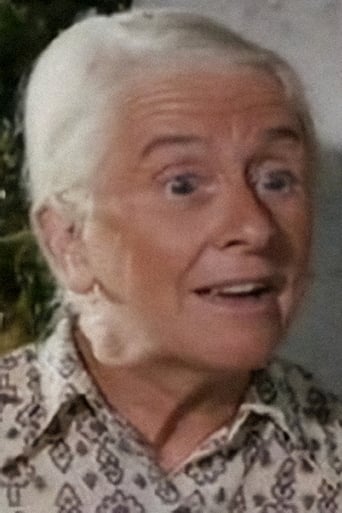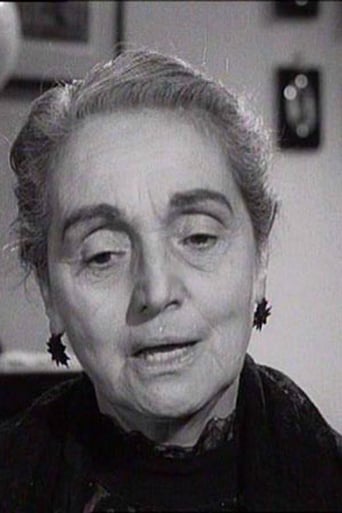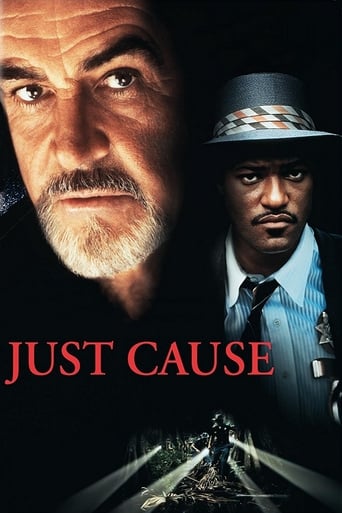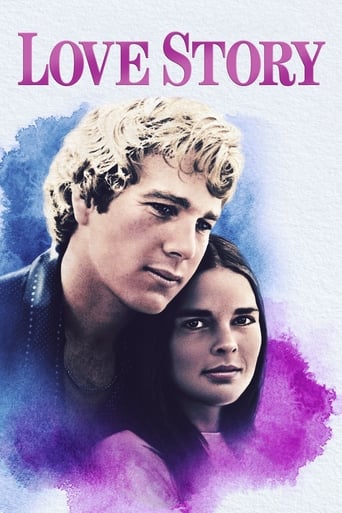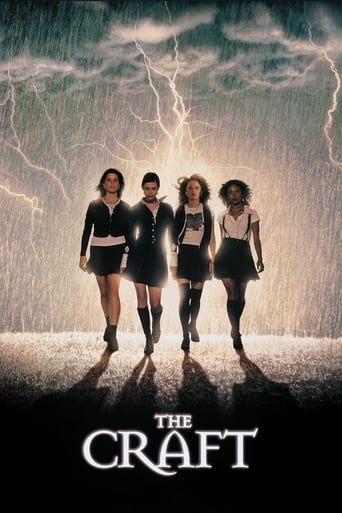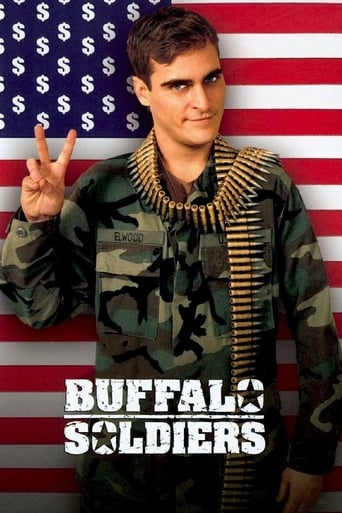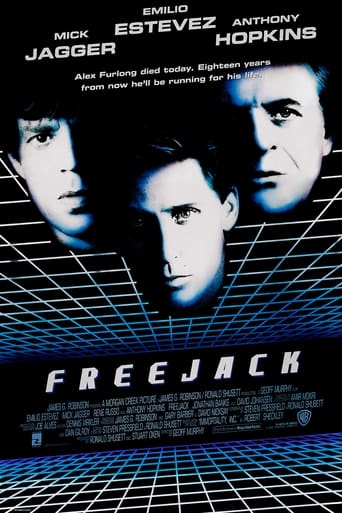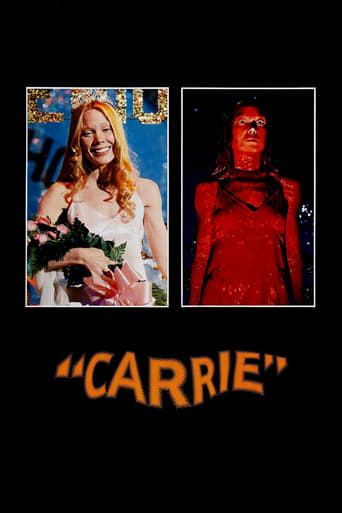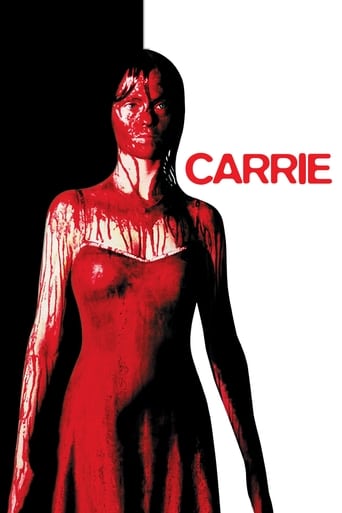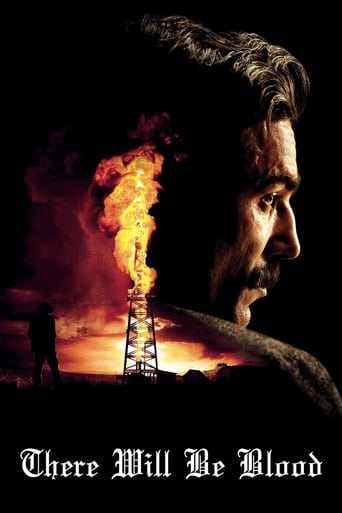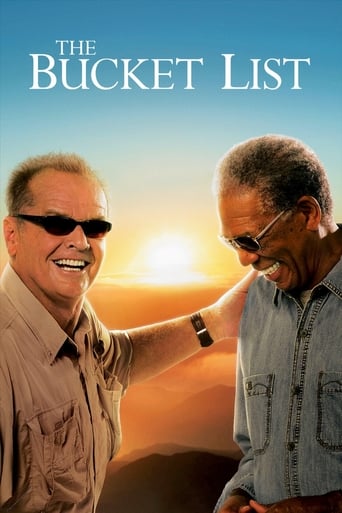Seance on a Wet Afternoon (1964)
Working-class British housewife Myra Savage reinvents herself as a medium, holding seances in the sitting room of her home with the hidden assistance of her under-employed, asthmatic husband, Billy. In an attempt to enhance her credibility as a psychic, Myra hatches an elaborate, ill-conceived plot to kidnap a wealthy couple's young daughter so that she can then help the police "find" the missing girl.
Watch Trailer
Free Trial Channels
Cast


Similar titles
Reviews
Waste of time
This is How Movies Should Be Made
Not even bad in a good way
I think this is a new genre that they're all sort of working their way through it and haven't got all the kinks worked out yet but it's a genre that works for me.
If what you are looking for in a movie is to see an acting masterclass then you need look no further than Séance on a Wet Afternoon. This psychological drama is very much a character-driven piece and it features a pair of truly outstanding performances at its centre. It tells the story of a medium that has lost sight of reality since the death of her child. She convinces her weak-willed, overly dependent husband to kidnap a young girl from a wealthy family in order to collect a sizable ransom and from which she can then subsequently use her 'powers' to assist the parents in finding the child, leading to her attaining fame as one with a gift of the second sight.The two lead actors here are Kim Stanley and Richard Attenborough. Stanley only appeared in seven feature films, meaning that she is far from a household name but she was quite obviously an actress with incredible talent. Seemingly an advocate of method acting, she is unbelievable as the unbalanced complex woman at the centre of the plot. It's a pretty intense role but it's played to perfection without resorting to anything over-the-top. Richard Attenborough is practically just as impressive as her husband in an understated performance of a character with many flaws and contradictions. His presence is key to the film's success in that he has feet in both camps, in that he acts with his wife in carrying out their crime, yet he is the one who has moral doubts and so is the audience identification figure. It takes some considerable skill on Attenborough's part in order to create a character which is so believable – sympathetic yet quite reprehensible. Both actors work beautifully together and create something very real. The film also offers very good turns from Patrick Magee as a wily police inspector and Nanette Newman as the broken mother of the missing girl.John Barry is on hand too with a moody score which perfectly complements the moody black and white photography. It all adds up to a film with considerable depth. Despite the subject matter, it isn't really a thriller; it's more of a psychological drama. It doesn't play out in a very predictable manner either which is never a bad thing. This British film still remains relatively unknown, which strikes me as a bit of a shame. I guess it's one that will remain under the radar but which will reward those who seek it out.
A very interesting dive into the world of spiritualism with an almost devastating charting of the psychology of a disturbed medium. Kim Stanley's performance as Myra, using the spirit of her stillborn child as a link with the other side, is almost ghoulish, being totally blind to reality and having lost all touch with her own humanity. A drama of great suspense, especially as she insists on a séance when the mother of the child they have kidnapped appears, the child being sick in the next room, it's almost unbearably uncomfortable but extremely interesting and fascinating. Bryan Forbes, born today in 1926, died last year, made a number of very diverse and tricky films, sometimes experimental, but always intelligent. This was one of his best, certainly a suspense thriller dealing with the out of the ordinary... One of the last great noir films.
The title of this film is a bit baffling. Two séances play an important part in the plot, but neither takes place on a wet afternoon. One takes place in the evening, the other on an obviously fine day. Perhaps its significance is clearer in the original novel, which I have never read.Billy and Myra Savage, a middle-aged, middle-class suburban couple, kidnap Amanda, the young daughter of a wealthy businessman. Although they send her father a ransom note, their motive is not financial. Even though Billy is unable to work because of ill health, they live in a large, imposing Victorian house and are clearly not short of money. Rather Myra, a medium who holds séances in her home, believes that she can become famous for her supposed psychic abilities by helping the police to solve the crime.When I first saw this film many years ago I disliked it for what I saw as a lack of realism. How on earth did Billy and Myra imagine that they were going to get away with a plan so obviously badly conceived and badly executed? Looking back, I can see that my criticism was unfair and that I had been unduly influenced by films in which a gang of master- criminals put together an intricate, seemingly foolproof, scheme only to come unstuck because of some minor detail, of the tenacity or brilliance of the investigating detective, or of sheer bad luck. Because the truth is that Billy and Myra are not brilliant master- criminals. Far from it. She is mentally unstable and detached from reality to the extent that she hardly realises that she is committing a crime. She insists that she is merely "borrowing" Amanda, not kidnapping her. She believes that she is in touch with the spirit of her son Arthur, who died at birth, but fails to realise that she does not actually have any psychic abilities. If she did, she would not have to go through such a ridiculous charade in order to "demonstrate" them. As for her husband, he is merely a weak and cowardly little man unable to stand up to his domineering wife, although at the end he does display a greater humanity than she is capable of.This is the only film in which I have ever seen Kim Stanley. She was, apparently, a theatre and television actress who had only appeared in one previous feature film, "The Goddess", and was only the third choice for the role of Myra, Deborah Kerr and Simone Signoret having turned it down. Yet she is excellent here, showing us the way in which her self- deluded character's personality disintegrates bit by bit to the point where she can no longer distinguish fantasy from reality and can see no objection to killing Amanda. Richard Attenborough, the film's co- producer and her co-star, paid tribute to her "complexity of dramatic impression". She received an Oscar nomination for Best Actress (losing to Julie Andrews in Mary Poppins) but this did not persuade her to make a career in films. It was to be another eighteen years before she appeared in another film, "Frances". (She was Oscar nominated for that as well). Attenborough is also very good as the cowed Billy.This was the third film directed by Bryan Forbes, who had made such a brilliant start to his directing career with "Whistle Down the Wind", one of the great classics of the British cinema; his wife Nanette Newman appears as Amanda's mother. Like Forbes's two earlier films (his second was "The L-Shaped Room"), this one is in black-and-white, something still regularly used in Britain (unlike America) during the mid-sixties, probably because colour television had not yet come to Britain. I was reminded of some of the early works of Alfred Hitchcock, especially "Shadow of a Doubt", another psychological thriller about a young girl in danger and which takes place in a seemingly tranquil suburb. "Séance on a Wet Afternoon" doesn't have quite the same emotional impact as something like "Whistle Down the Wind", largely because the two leading characters are so unsympathetic. It is, however, a taut and engrossing psychological drama.
I agree with the comment provided by author djlink, Alexandria, VA regarding the Oscars. Unfortunately for Kim Stanley in "Seance on a Wet Afternoon" Julie Andrews won the Oscar not for her performance in Mary Poppins BUT for the controversy over Andrews not getting the part in the movie "My Fair Lady". Andrews created the part on Broadway. When the movie was cast, the producers chose Audrey Hepburn, for name recognition. Many in Hollywood industry and the Academy were not thrilled over the slight and thought that was a major mistake, therefore giving Andrews the Oscar for Mary Poppins, no matter who else was nominated and their performance. This happens much too often and in recent years as of 2011. The Oscars are more political now than they were back in the 1960s.

